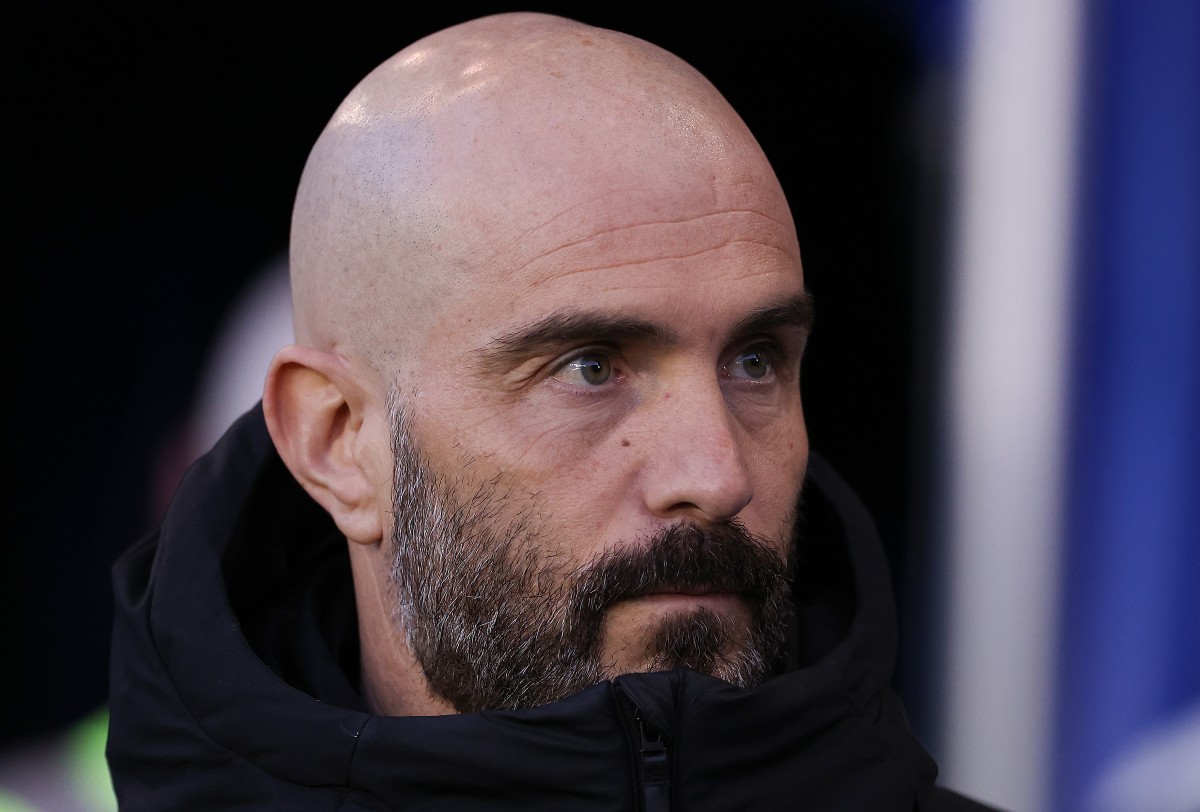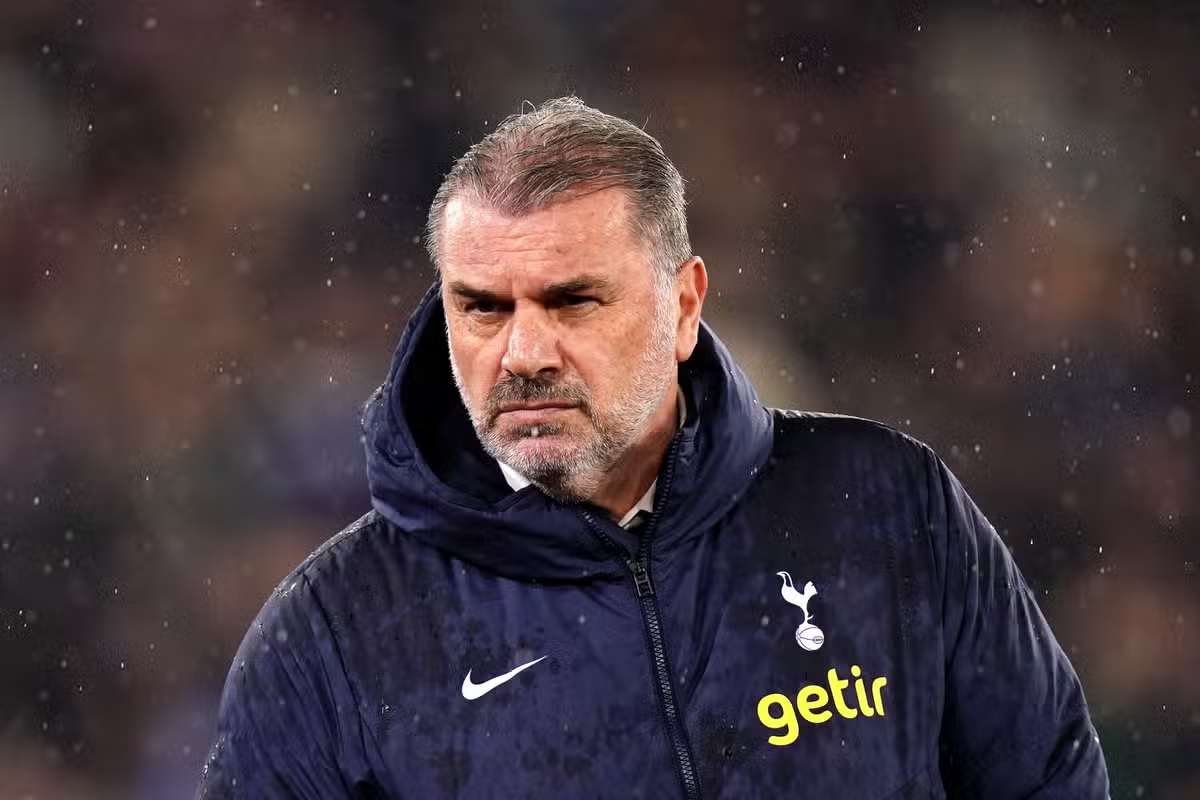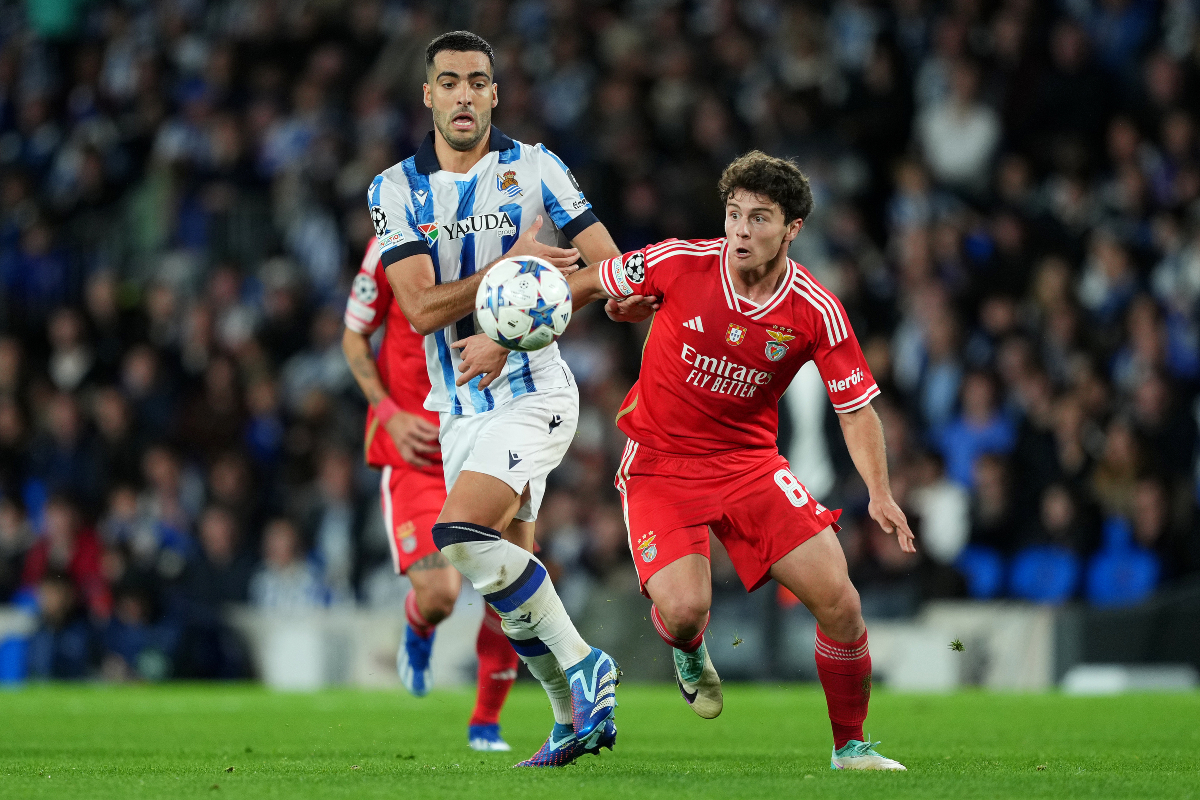With just a couple of games to go in the Championship season, Leicester City sit proudly back atop the division and looking likely to win the title unless they happen to have another mini-collapse.
At one point this season, the Foxes lead over everyone else was into double figures, but a mixture of poor performances and results allowed their nearest pursuers – Ipswich Town and Leeds United – to reel them back in.
The battle for the two automatic promotion places ever since has been a joy to watch, with all three interchanging at various times, and only being a couple of points away from each other for the most part.
Abdul Fatawu could be benched for Leicester
Just when it was needed, Leicester put on a real show against Southampton, themselves an outsider for the top two spots, and plundered five goals.
Abdul Fatawu scored a hat-trick and set up another in a man-of-the-match performance, however, manager Enzo Maresca seems keen to keep the player level-headed.
“The next game he will be on the bench. I told him straight after the game: ‘Relax, because the next game you’re going to be on the bench,’” he was quoted as saying by Leicestershire Live.
“With Abdul, with young players, after a hat-trick, he is probably thinking that he’s already a top player. But they need to calm down and work hard every day and prepare themselves in the right way.

“We are very happy with Abdul. The good thing about Abdul is that he’s a bit different to Stephy (Mavididi). Stephy struggles to defend, he likes to attack. But Abdul loves to do both. He helps us a lot this season.”
It isn’t clear at present if Maresca was being a little tongue in cheek or if he does indeed intend to leave the 20-year-old Ghanaian champing at the bit on the sidelines against Preston North End.
Depending on your point of view the decision could be considered a masterstroke and a lesson in game management.
Not that Fatawu would necessarily see things that way on the back of one of the brightest performances of his fledgling career.
His reaction to being benched – should it happen – will tell Maresca all he needs to know about the players attitude.
If, as expected, Leicester do manage to make it back to the promised land at the first time of asking, Fatawu can play a big part if he’s humble enough to accept his manager’s way of working.
If not, his career at the King Power Stadium could be over before it really gets going.




Look like a good investment.